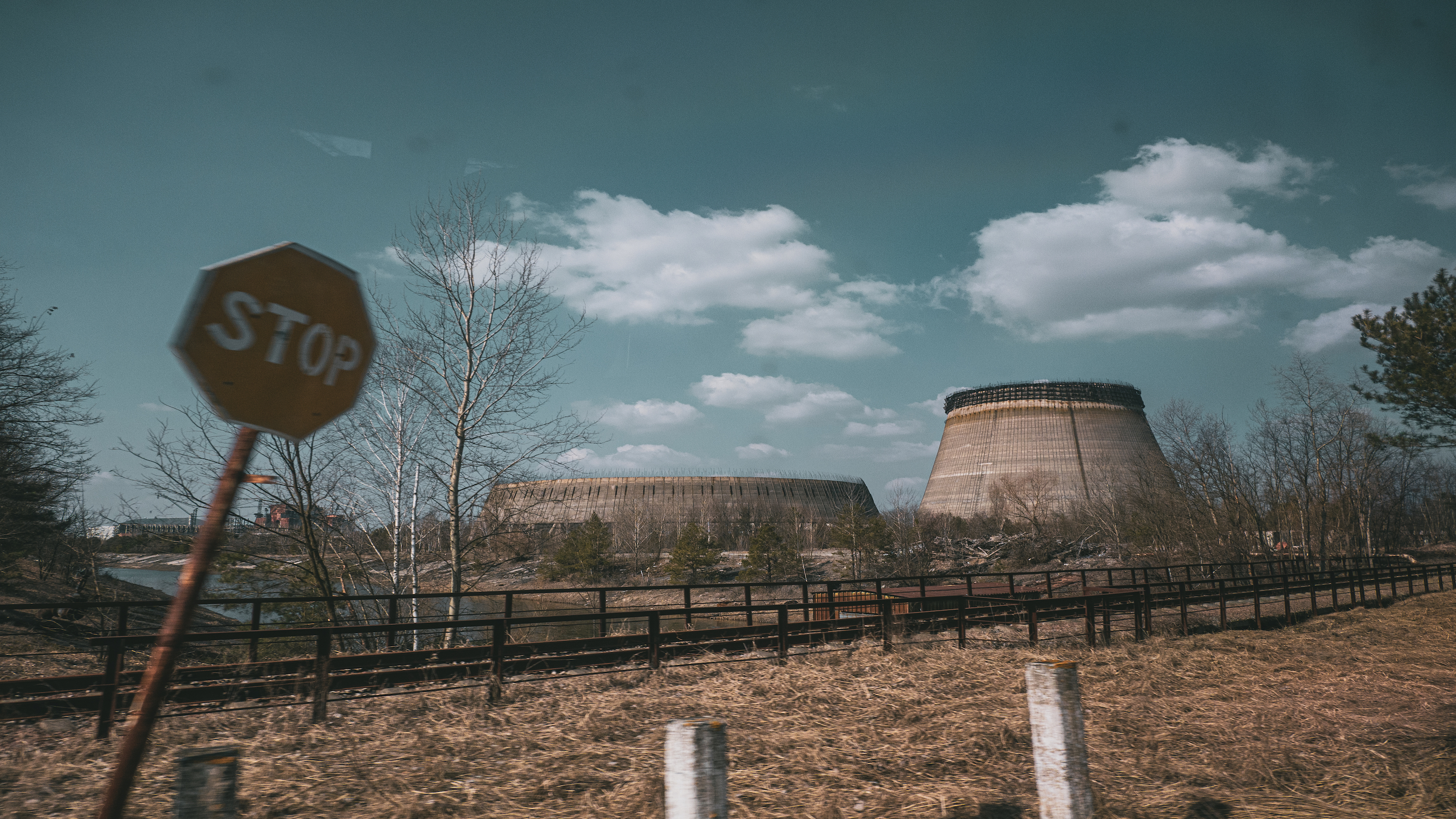Chernobyl plant loses electricity again
The power was restored for less than 24 hours before being cut again

Get the world’s most fascinating discoveries delivered straight to your inbox.
You are now subscribed
Your newsletter sign-up was successful
Want to add more newsletters?

Delivered Daily
Daily Newsletter
Sign up for the latest discoveries, groundbreaking research and fascinating breakthroughs that impact you and the wider world direct to your inbox.

Once a week
Life's Little Mysteries
Feed your curiosity with an exclusive mystery every week, solved with science and delivered direct to your inbox before it's seen anywhere else.

Once a week
How It Works
Sign up to our free science & technology newsletter for your weekly fix of fascinating articles, quick quizzes, amazing images, and more

Delivered daily
Space.com Newsletter
Breaking space news, the latest updates on rocket launches, skywatching events and more!

Once a month
Watch This Space
Sign up to our monthly entertainment newsletter to keep up with all our coverage of the latest sci-fi and space movies, tv shows, games and books.

Once a week
Night Sky This Week
Discover this week's must-see night sky events, moon phases, and stunning astrophotos. Sign up for our skywatching newsletter and explore the universe with us!
Join the club
Get full access to premium articles, exclusive features and a growing list of member rewards.
Chernobyl's nuclear power plant has lost electricity again, just hours after being switched back on, Ukraine's state energy company has said.
Russian forces attacked the defunct nuclear facility on the very first day of the invasion (Feb. 24), seizing it after heavy fighting and taking its roughly 210 staff hostage, Live Science previously reported. After briefly being restored last night, the plant's electricity has now been disconnected from the electrical grid yet again, potentially stopping the approximately 20,000 spent nuclear fuel units held in the plant's cooling tanks from receiving cooling.
Ukraine's grid operator, Ukrenergo, has blamed Russian troops for damaging the plant's high-voltage power line for the second time and has demanded safe entry for a repair crew to access it.
Related: 5 weird things you didn't know about Chernobyl
"The Chornobyl NPP [Nuclear Power Plant] is an important facility that cannot be left without a reliable energy supply," Ukrenergo wrote on Facebook. "Unimpeded and quick access of Ukrenergo repair crews to these lines for inspections and repairs is extremely important not only for Ukrainian consumers but also for Europe as a whole."
Ukrenergo said that restoring power to the plant will help to "avoid a repeat disaster at the Chernobyl nuclear power plant." Ukrainian officials have also warned that the plant's lack of access to power could increase the likelihood of the evaporation and discharge of nuclear material, and potentially expose plant personnel to a dangerous dose of radioactive material.
But nuclear experts, including the United Nations' International Atomic Energy Agency (IAEA), have downplayed these concerns, saying that cutting off power to the Chernobyl power plant will not have a drastic impact on the facility's safety.
Get the world’s most fascinating discoveries delivered straight to your inbox.
The IAEA wrote in a tweet that while the development "violates (a) key safety pillar," it saw "no critical impact on safety," as "the heat load of spent fuel storage pool and volume of cooling water at #Chornobyl Nuclear Power Plant '' were "sufficient for effective heat removal without need for electrical supply."
"The fuel in these pools is decades old, and hence has very little residual heat being generated. This low heat load added to the very large volume of water in the cooling pools means that the heat coming from the fuel can be dissipated safely even without power to circulate the water." Tom Scott, a radioactive materials professor at University of Bristol in England, said in a statement.
The seven pillars of nuclear safety are regulatory requirements set out by the IAEA for nuclear facilities. Among them are the requirements to maintain the physical integrity of nuclear facilities; ensure that staff are not under coercion or duress; and guarantee a constant supply of electricity to facilities.
IAEA officials have expressed increasing concern for the well-being of the Chernobyl staff, who have been held hostage at the plant for just under three weeks. Workers would usually leave the radioactive plant after work hours ended but have now been forced to live at the site.
Russian troops have also taken over Zaporizhzhia plant, an active nuclear power plant. Systems set up to monitor the nuclear material at the Chernobyl and Zaporizhzhia facilities stopped transmitting data to the IAEA on Tuesday (March 8) and Wednesday (March 9). Safeguards are the technical measures that the IAEA uses to keep track of radioactive material's activity and location. With these offline, the agency has no way of knowing the location of the plant's nuclear material, increasing the possibility that it could fall into the wrong hands.
Originally published on Live Science.

Ben Turner is a U.K. based writer and editor at Live Science. He covers physics and astronomy, tech and climate change. He graduated from University College London with a degree in particle physics before training as a journalist. When he's not writing, Ben enjoys reading literature, playing the guitar and embarrassing himself with chess.
 Live Science Plus
Live Science Plus










